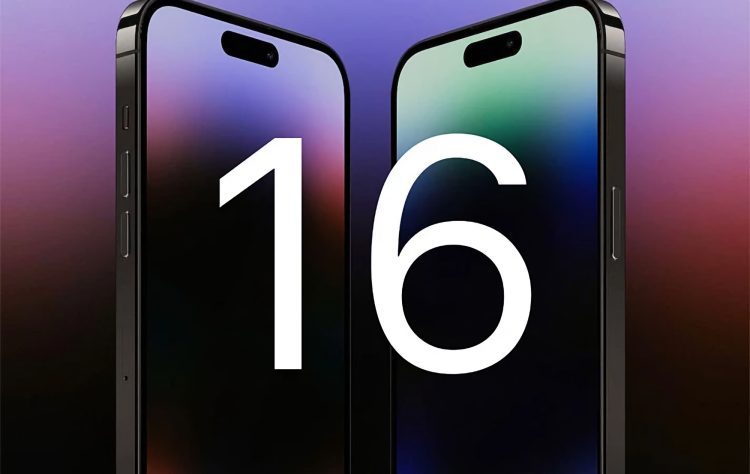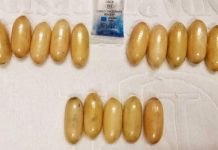Apple Inc. is prohibited from selling its iPhone 16 smartphones in Indonesia due to non-compliance with the country’s regulations regarding local component usage, according to the industry ministry.
Indonesia mandates that certain smartphones sold within its borders must contain at least 40% locally manufactured parts.

However, the iPhone 16 does not meet this requirement, as confirmed by ministry spokesperson Febri Hendri Antoni Arief in a statement released on Friday.
“Imported iPhone 16 devices cannot be marketed in the country because Apple Indonesia has not fulfilled its investment commitment to obtain local content certification,” he stated, noting that individuals can still import the phones for personal use, provided they pay the required taxes.
Apple has yet to respond to requests for comment on this matter. The iPhone 16 was initially launched in September.
According to research firm IDC, the leading smartphone manufacturers in Indonesia during the first quarter of 2024 were Chinese company OPPO and South Korean firm Samsung.
With a large, tech-savvy population, Indonesia represents a significant target market for technology investments.
During a visit by Apple CEO Tim Cook in April, Indonesia’s Industry Minister Agus Gumiwang Kartasasmita expressed hopes that Apple would enhance its local content by collaborating with domestic companies.
Typically, companies increase their compliance with local content requirements through partnerships with local firms or by sourcing components domestically.
While Apple does not have manufacturing facilities in Indonesia, it has been establishing app developer academies since 2018, which collectively have an investment of 1.6 trillion rupiah (approximately $101.8 million).






















































![[FREE FREE MONEY] Predict and Win a Guaranteed GH¢200 From Us EVERY WEEK](https://wordpress.ghanatalksradio.com/wp-content/uploads/2022/02/Predict-and-Win-Final-09-03-2021-218x150.jpg)
![[Predict & Win – 8th/Oct.] WIN A Guaranteed ¢200 From Us This Week](https://wordpress.ghanatalksradio.com/wp-content/uploads/2021/10/maxresdefault-16-218x150.jpg)
![[Predict & Win – 2nd] WIN A Guaranteed ¢200 From Us This Week](https://wordpress.ghanatalksradio.com/wp-content/uploads/2021/09/maxresdefault-50-218x150.jpg)
![[Predict & Win – 25th] WIN A Guaranteed ¢200 From Us This Week](https://wordpress.ghanatalksradio.com/wp-content/uploads/2021/09/maxresdefault-36-218x150.jpg)
![[Predict & Win – 18th] WIN A Guaranteed ¢200 From Us This Week](https://wordpress.ghanatalksradio.com/wp-content/uploads/2021/09/maxresdefault-23-218x150.jpg)









![[National cathedral] See full list of churches that have contributed since 2018](https://wordpress.ghanatalksradio.com/wp-content/uploads/2020/09/Ghana-National-Cathedral-GhanaTalksRadio-100x70.jpg)



